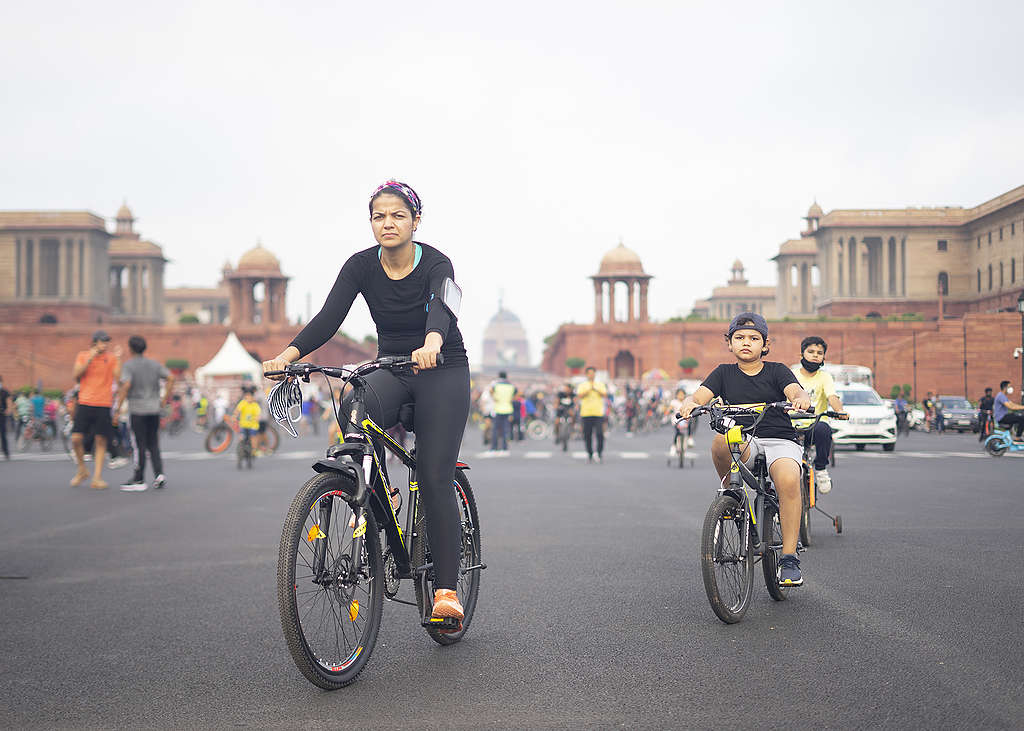“I have taken this decision in a purely legal approach, that these laws are being violated.”
– Jairam Ramesh, Minister for Environment & Forests on the Vedanta decision, August 24, 2010.
Just a couple of years ago it would have been unthinkable for any government official to deny a huge and powerful corporation permission to pillage India’s diminishing natural resources. That Jairam Ramesh has done this, and in a clear and forthright manner, sets him apart from most politicians, and has earned him praise from the social/environmental justice lobby, and brickbats from those who brook no obstacles to corporate profit taking.
Barely a few weeks after the Vedanta brouhaha though, the euphoria bubble burst when it became obvious that the same standards that applied to Vedanta don’t seem to apply to the TATA-L&T Dhamra port project. Going purely by the evidence on record, Jairam Ramesh’s ministry appears to be bending over backward to absolve the Dhamra port and its powerful proponents of a violation of the Forest Conservation Act, 1980 – incidentally one of the many laws violated by Vedanta in Orissa.
The facts speak for themselves. In a number of letters over the years, most recently on April 1, 2010,[1] the Eastern Regional Office of the MoEF in Bhubaneswar confirmed that the Dhamra port is in violation of the Forest Conservation Act, as the entire area where the port is being constructed is forest land, and permission to construct the port was never given by the Central government, as legally required.
Yet, barely a month later, the MoEF at Delhi filed an affidavit [2] before the Supreme Court’s Central Empowered Committee stating that the port is not on forest land – a complete contradiction of its own regional office report.
The ministry has not given any explanation for this contradiction. This can only lead to speculation as to what actually goes on in the corridors of power at the environment ministry. While Greenpeace congratulates Jairam Ramesh for punishing Vedanta for violating the law, the question must be asked – are there different rules for different corporations? Is TATA perhaps too powerful and influential to displease, while Vedanta’s political affiliations made them a juicier target?
These developments cast doubt over the Congress high command’s recent assertions that it would uphold green laws and not sacrifice environmental sustainability to appease corporate interests.
Greenpeace has written to Jairam Ramesh asking for an explanation of this apparent contradiction, but has yet to receive an answer.
The Dhamra port has been opposed ever since it was proposed in the 1990s, on account of its proximity to the Bhitarkanika and Gahirmatha protected areas. Bhitarkanika is India’s second largest mangrove forest and the last stronghold of the saltwater crocodile, while Gahirmatha is one of the world’s largest nesting grounds for the endangered Olive Ridley sea turtle. With Phase I of the port nearly complete, the company is already planning a massive expansion in the controversial project.
Over 300 ports are planned for the coast of mainland India and there has been no indication from Minister Jairam Ramesh that he intends to prevent the mistakes of Dhamra from being repeated in other eco-sensitive areas.
References:
1. RegionalMoEF-April-1-2010.pdf
2. MoEF-affidavit-May-5-2010.pdf

Donate today or consider remembering Greenpeace in your Will.
